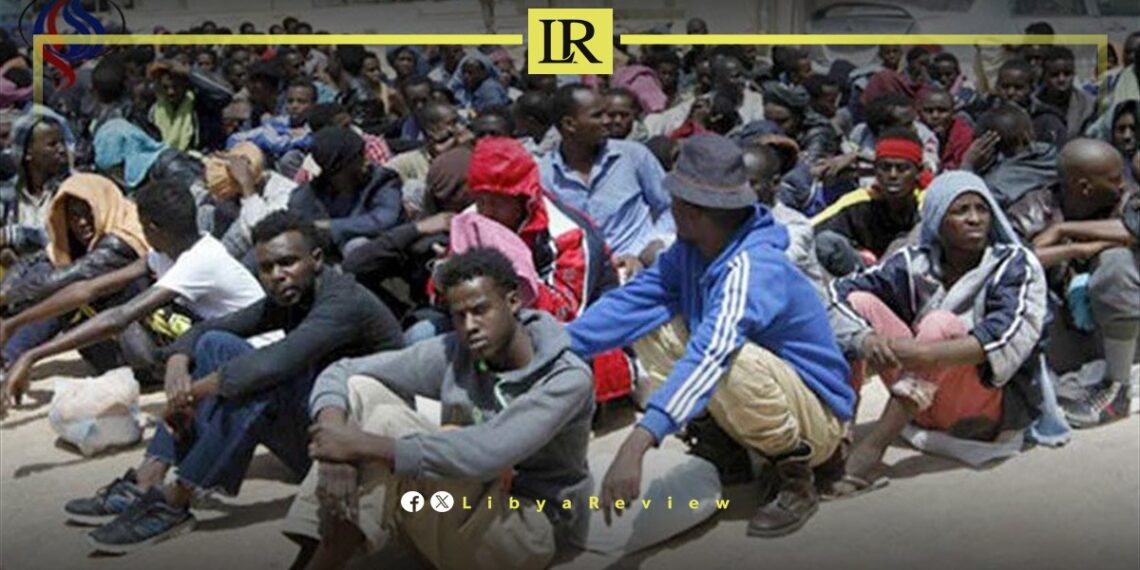Abdulmunim Al-Issir, head of the National Security Committee in Libya’s previous General National Congress, has raised concerns about a European desire to resettle irregular migrants in Libya, a key transit point to Europe.
In comments to the press, Al-Issir highlighted that the European Union is grappling with the migrant issue and sees unstable Libya as a suitable place for migrant resettlement.
He warned that resettling migrants in Libya would lead to demographic changes, posing a security and existential threat to the country. Libya, he noted, lacks the capacity to absorb and benefit from such large numbers of migrants amid its weak state and institutions.
Al-Issir emphasized the need for a comprehensive approach to the issue, starting with securing borders and enacting laws to regulate the presence of migrants according to Libya’s capabilities.
He pointed out that Libya’s non-signatory status to the Refugee Convention means it is not obligated to international commitments in this area.
In June, the International Organization for Migration (IOM) announced that it has voluntarily repatriated 80,000 irregular migrants from Libya to their home countries. This initiative is part of the IOM’s voluntary return program.
According to a statement from the organization, “Since 2015, the IOM has assisted 80,000 migrants in returning safely and with dignity from Libya to their countries of origin through the Voluntary Humanitarian Return program.”
“This initiative has provided a critical lifeline for stranded migrants from over 49 different nationalities across Africa and Asia who wish to return home and rebuild their lives.”
The statement added that among those helped by the program were 2,733 victims of trafficking, 843 unaccompanied or separated children, and 5,144 individuals with medical needs.
Tauhid Pasha, the acting head of the IOM mission in Libya, stated that the IOM staff in Libya work around the clock to assist vulnerable migrants in urgent need of protection. He emphasized the importance of enabling migrants to make informed decisions and ensuring their right to return home. The Voluntary Humanitarian Return program offers hope in the face of severe hardships.
The Voluntary Humanitarian Return program, managed by the IOM, arranges the return of stranded irregular migrants in Libya to their home countries.
Due to the insecurity and chaos that have plagued the country since the fall of the late Muammar Gaddafi in 2011, many migrants, mostly from Africa, opt to cross the Mediterranean Sea to reach European shores from Libya.
In May, Italian Interior Minister Matteo Piantedosi announced Italy’s efforts to manage irregular migration by promoting voluntary return programs from Libya and Tunisia, in partnership with key humanitarian organizations.
Speaking to the Italian Parliament, Piantedosi emphasized Italy’s commitment to addressing the root causes of migration by fostering economic and social development in migrants’ countries of origin, through international support and significant investments as part of the Mattei plan.
According to data from the Italian Ministry of Interior released in March, at least 6,560 migrants have illegally arrived in Italy since the beginning of the year until the 15th of March. Approximately two-thirds of the total migrants arrived from Libya. Analysis of boat departure countries reveals a significant shift from the previous year, with arrivals from Libya to Italy surpassing those from Tunisia.


